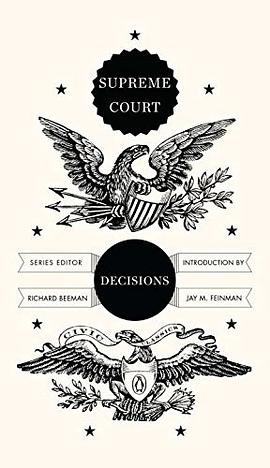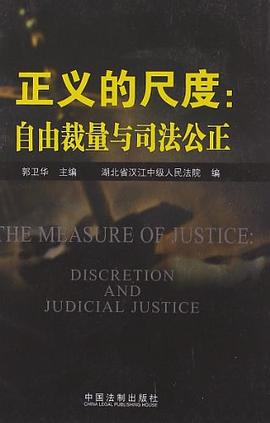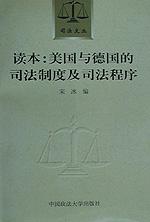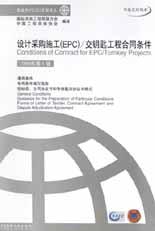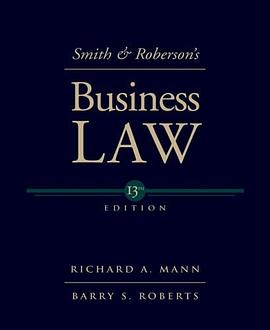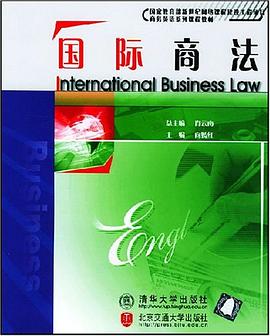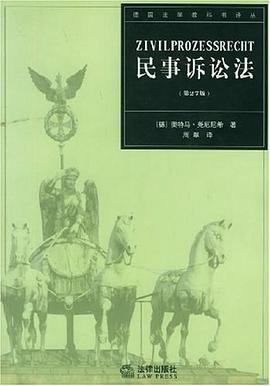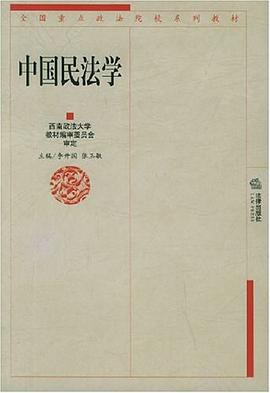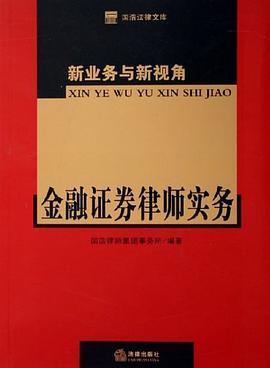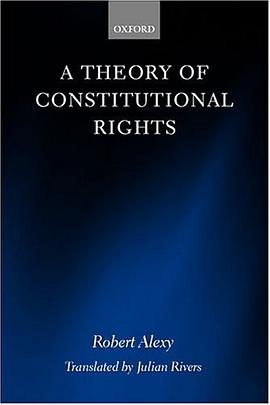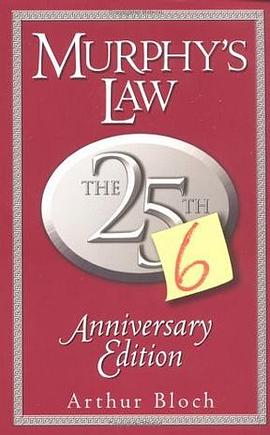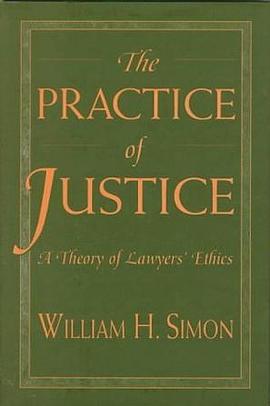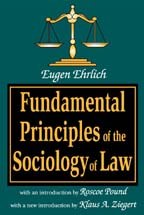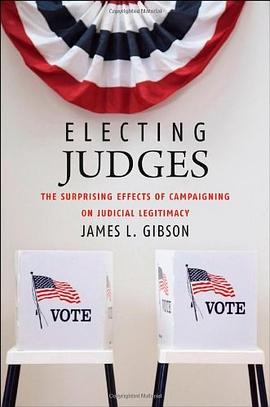

In "Electing Judges", leading judicial politics scholar James L. Gibson responds to the growing chorus of critics who fear that the politics of running for office undermine judicial independence. While many people have opinions on the topic, few have supported them with actual empirical evidence. Gibson rectifies this situation, offering the most systematic and comprehensive study to date of the impact of campaigns on public perceptions of fairness, impartiality, and the legitimacy of elected state courts - and his findings are both counterintuitive and controversial. Gibson finds that ordinary Americans do not conclude from campaign promises that judges are incapable of making impartial decisions. Instead, he shows, they understand the process of deciding cases to be an exercise in policymaking, rather than of simply applying laws to individual cases - and consequently think it's important for candidates to reveal where they stand on important issues. Negative advertising also turns out to have a limited effect on perceptions of judicial legitimacy, though the same cannot be said for widely hated campaign contributions. Taking both the good and bad into consideration, Gibson argues that elections are ultimately beneficial in boosting the legitimacy of courts, despite the slight negative effects of some campaign activities. "Electing Judges" will initiate a lively debate inside both the halls of justice and the academy.
具体描述
读后感
评分
评分
评分
评分
用户评价
相关图书
本站所有内容均为互联网搜索引擎提供的公开搜索信息,本站不存储任何数据与内容,任何内容与数据均与本站无关,如有需要请联系相关搜索引擎包括但不限于百度,google,bing,sogou 等
© 2025 book.wenda123.org All Rights Reserved. 图书目录大全 版权所有

